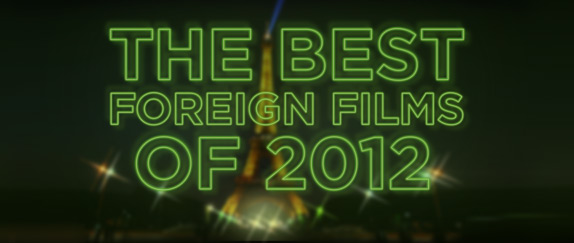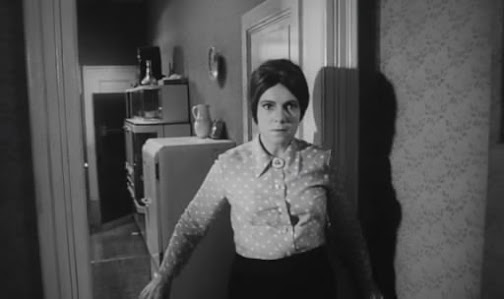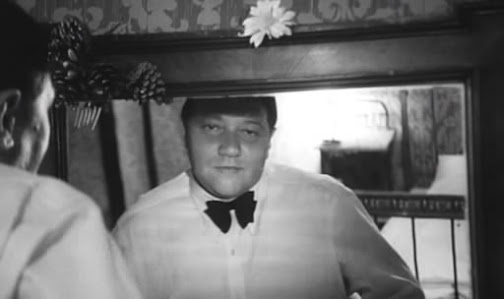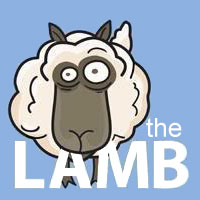The Cremator • Spalovač mrtvol (1969)

Genre: Horror • Drama • Comedy
Director: Juraj Herz
Starring: Rudolf Hrušínský, Vlasta Chramostová, Jana Stehnová, Miloš Vognič
Language: Czech
Duration: 95 min.
Summary:
Prague, the late 1930s. A period of tense atmosphere and widespread fear. Where diligent and devoted family man Karel Kopfrkingl takes the opportunity to advance his career at the crematorium.
The Cremator is a film from the Czechoslovak New Wave directed by Slovak filmmaker Juraj Herz, adapted from a novel of the same name by Czech writer Ladislav Fuks. One of many films made during the Prague Spring of 1968 that were banned in Czechoslovakia soon after release. It screened at the 1972 Sitges Film Festival where it won Best Film, Best Actor (Rudolf Hrušínský), and Best Cinematography (Stanislav Milota).
The story is set at the dawn of WWII, taking place soon after Nazi Germany's annexation of the Sudetenland region of Czechoslovakia. It follows the opportunistic rise of crematorium employee Karel Kopfrkingl (played by Czech character actor Rudolf Hrušínský, who delivers one of the most unnerving performances you will ever see), a man who on the surface appears to be a devoted bourgeois family man and diligent worker, but whose words, actions, and demeanor reveal a very strange personality that is both captivating and repulsive. Especially noticeable are the odd timbre and cadence of his voice and his unusual personal tics. Traits of someone you are compelled to watch, but would never want to be alone in a room with.
As if Hrušínský's performance wasn't creepy enough on its own, Herz (who originally studied puppetry and theatre) uses various interesting techniques to blanket the screen with an unsettling aura. With camerawork by Stanislav Milota, scenes are often shot with an ultra wide angle lens to give deliberately distorted perspectives. Depth of field and extreme closeups are used to obscure and disorient, and they are frequently combined with clever editing to blur the transitioning of scenes and locations. Seamlessly making it appear as though Kopfrkingl begins speaking in one place and finishes somewhere completely different. Then of course, there's the equally eerie soundtrack from composer Zdeněk Liška, using haunting vocals to tie the visuals together.
Despite the film's deeply dark tone and its label as a horror, this isn't necessarily a one sided dreary and depressing watch. Within all the morbid scenery lies a pitch black sense of humor that is as hilarious as it is troubling. As can be seen in the little details of the characterization and script like Kopfrkingl's obsession with Tibetan Buddhism, or the way he uses his pocket comb.
There's also a political parable at play here. The Holocaust was a very common theme in the films of this era, as can be seen in the titles: Romeo, Juliet and Darkness (1960), The Boxer and Death (1963), Diamonds of the Night (1964), The Fifth Horseman is Fear (1965), The Shop on Main Street (1965), A Prayer for Katarina Horovitz (1965), Dita Saxova (1968). So there's no coincidence as to Kopfrkingl's distinct hairstyle or his highly charismatic public persona.
Undoubtedly different from the rest, Herz' work doesn't quite fit in with his contemporaries. (Even his first short film, originally commissioned for the Pearls of the Deep anthology, ended up being cut from the program). But all in all it's an unforgettable work that stands out as one of the most imaginative and atmospheric films around.
The story is set at the dawn of WWII, taking place soon after Nazi Germany's annexation of the Sudetenland region of Czechoslovakia. It follows the opportunistic rise of crematorium employee Karel Kopfrkingl (played by Czech character actor Rudolf Hrušínský, who delivers one of the most unnerving performances you will ever see), a man who on the surface appears to be a devoted bourgeois family man and diligent worker, but whose words, actions, and demeanor reveal a very strange personality that is both captivating and repulsive. Especially noticeable are the odd timbre and cadence of his voice and his unusual personal tics. Traits of someone you are compelled to watch, but would never want to be alone in a room with.
As if Hrušínský's performance wasn't creepy enough on its own, Herz (who originally studied puppetry and theatre) uses various interesting techniques to blanket the screen with an unsettling aura. With camerawork by Stanislav Milota, scenes are often shot with an ultra wide angle lens to give deliberately distorted perspectives. Depth of field and extreme closeups are used to obscure and disorient, and they are frequently combined with clever editing to blur the transitioning of scenes and locations. Seamlessly making it appear as though Kopfrkingl begins speaking in one place and finishes somewhere completely different. Then of course, there's the equally eerie soundtrack from composer Zdeněk Liška, using haunting vocals to tie the visuals together.
Despite the film's deeply dark tone and its label as a horror, this isn't necessarily a one sided dreary and depressing watch. Within all the morbid scenery lies a pitch black sense of humor that is as hilarious as it is troubling. As can be seen in the little details of the characterization and script like Kopfrkingl's obsession with Tibetan Buddhism, or the way he uses his pocket comb.
There's also a political parable at play here. The Holocaust was a very common theme in the films of this era, as can be seen in the titles: Romeo, Juliet and Darkness (1960), The Boxer and Death (1963), Diamonds of the Night (1964), The Fifth Horseman is Fear (1965), The Shop on Main Street (1965), A Prayer for Katarina Horovitz (1965), Dita Saxova (1968). So there's no coincidence as to Kopfrkingl's distinct hairstyle or his highly charismatic public persona.
Undoubtedly different from the rest, Herz' work doesn't quite fit in with his contemporaries. (Even his first short film, originally commissioned for the Pearls of the Deep anthology, ended up being cut from the program). But all in all it's an unforgettable work that stands out as one of the most imaginative and atmospheric films around.
— Bonjour Tristesse





























6 comments:
One of my absolute favorites from the Czech new Wave. I think this is a brilliant film - shadowy and amazingly creepy. I loved it. I ended up watching it again as soon as it ended and have seen it several times since.
Great review BT. I think Rudolf Hrusinsky may be the creepiest man that ever lived.
Very interested, and I thought I'd be just alright with it at first. But... I like watching creepy people. This one sounds like fun.
Wow! It looks great! With the bunch of films about the WWII, this looks like a fresh and original take. I caught something here.
Ahah, this sounds very interesting. A lot of my family members have been cremated instead of buried so this should somewhat resonate with me, maybe. Not many films take place at a crematorium but I figure it's an interesting place for a horror movie!
Hrusinsky was a very very good actor, and not only when playing creeps. Check out his role in Hynek Bocan's Honor and Glory.
And now I'm off to search for your review of this...
How can that poster and title not grab your attention? This sounds REALLY interesting and your score makes me even more intrigued. Good stuff!
Post a Comment